Without Rafale, the French Defense Industry Falters in Competition
The French defense industry is compelled to rely on the export market for survival. Given the current circumstances, the defense products of the country, excluding the Rafale fighter jet, have failed to compete with the offerings of other nations.
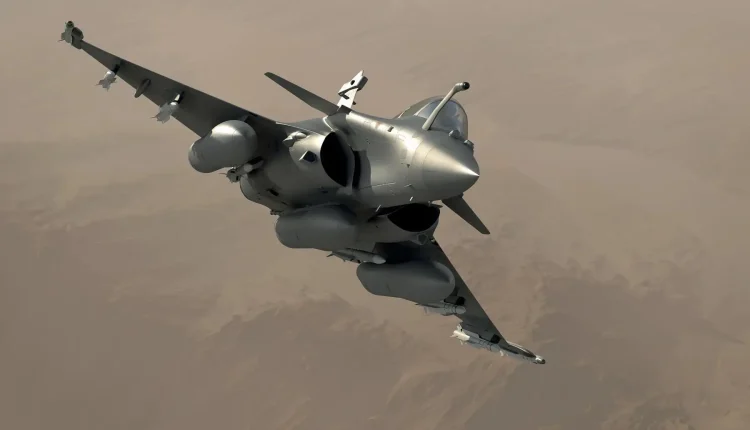
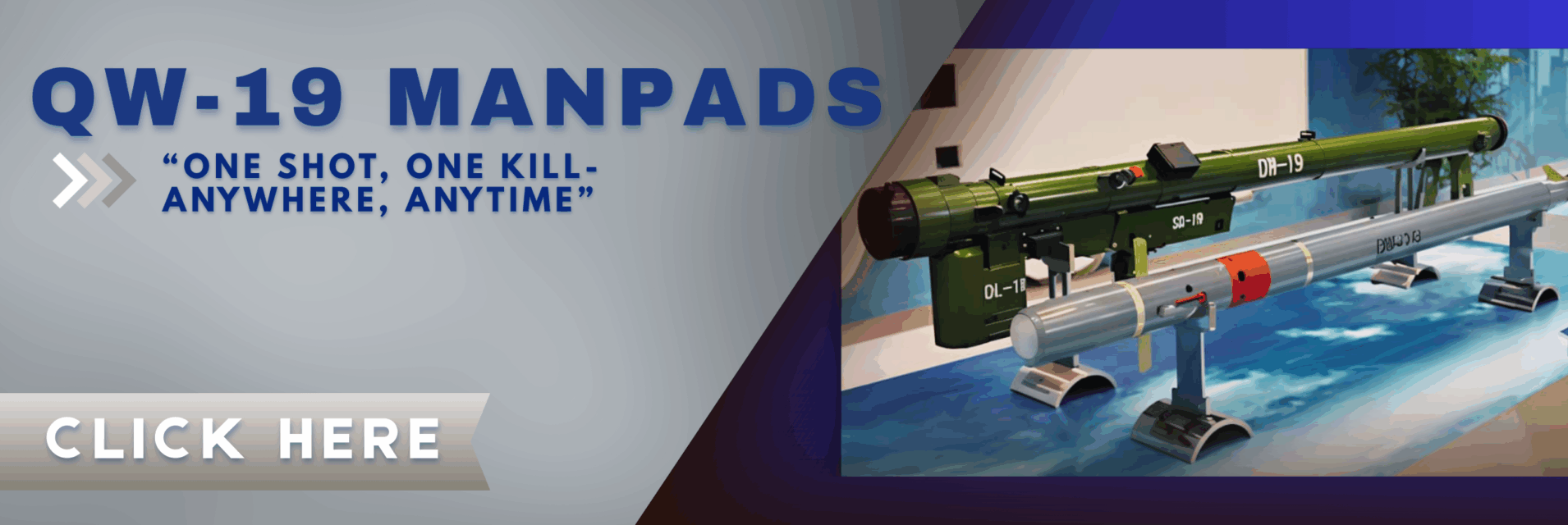
(DEFENCE SECURITY ASIA) — If France does not produce the Rafale fighter jet, its defense industry will struggle to compete with “new” players in the industry such as South Korea, Turkey, and Israel.
These nations pose fierce competition to the French defense-industrial sector.
While France’s defense industry holds significant strength, ranking third globally as the third-largest arms producer, it also faces shortcomings.
A notable drawback is its heavy reliance on the Rafale fighter jet, developed by Dassault Aviation, a key product of the French defense industry.
“The Rafale fighter jet, with engines from Safran, electronics from Thales, and guided munitions from MBDA, plays a crucial role.”
“In 2022, the sale of 80 Rafale fighter jets by Dassault Aviation to the United Arab Emirates (UAE) constituted two-thirds of France’s €27 billion (RM137 billion) defense exports.”
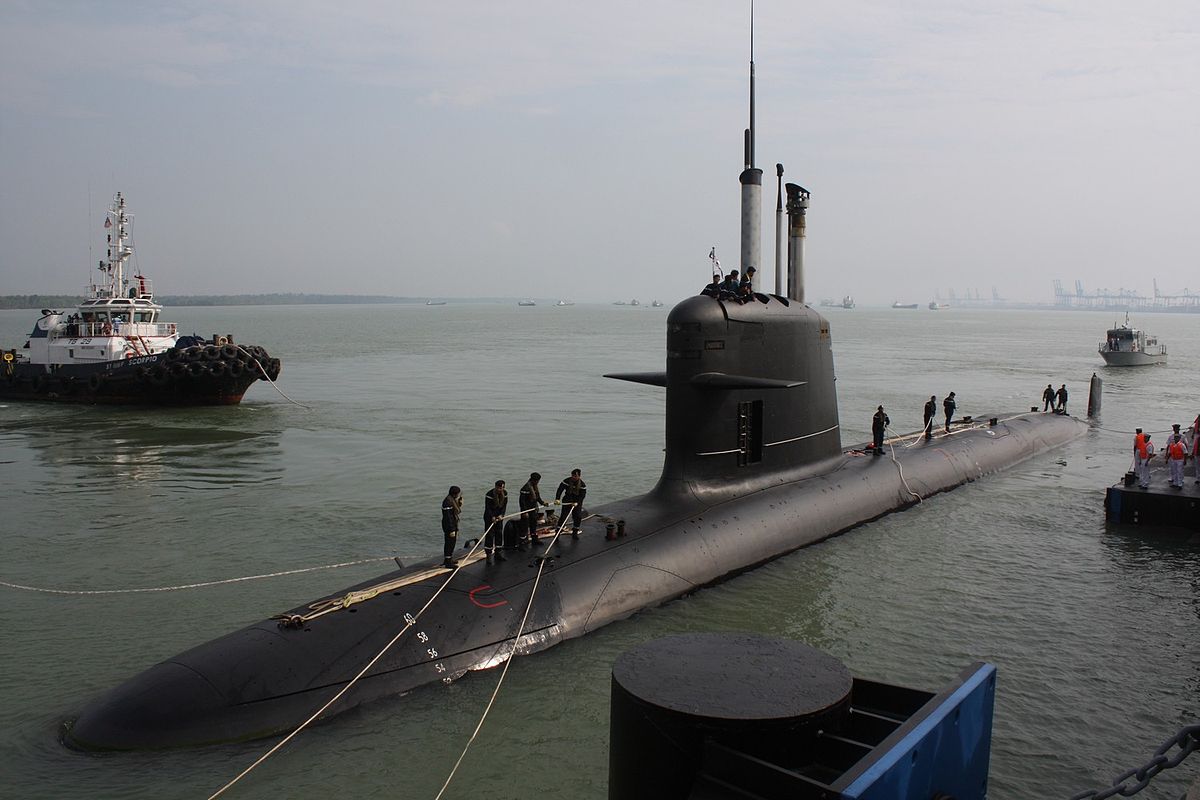
“This sale to the UAE has positioned France as the third-largest arms exporter, following the United States and Russia,” as reported by the reputable French newspaper, Le Monde.
If Paris succeeds in selling over 50 Rafale fighter jets to Saudi Arabia, as recently reported, it will further solidify Rafale’s position as the “sole” French defense asset successfully competing internationally.
According to weapon engineer and defense consultant Marc Chassilan, as quoted by the relevant newspaper, France is a “single-product country” overly reliant on the Rafale fighter jet.
“France is a single-product country. Without the Rafale fighter jet, it would be marginalized,” he stated.
In the defense industry, France is falling behind in Europe and is excessively dependent on Middle Eastern countries.
“France struggles to sell its frigates and submarines in the highly competitive arms market. Companies are no longer producing infantry equipment, and the Leclerc armored vehicles fail to perform in the export market,” said Marc.
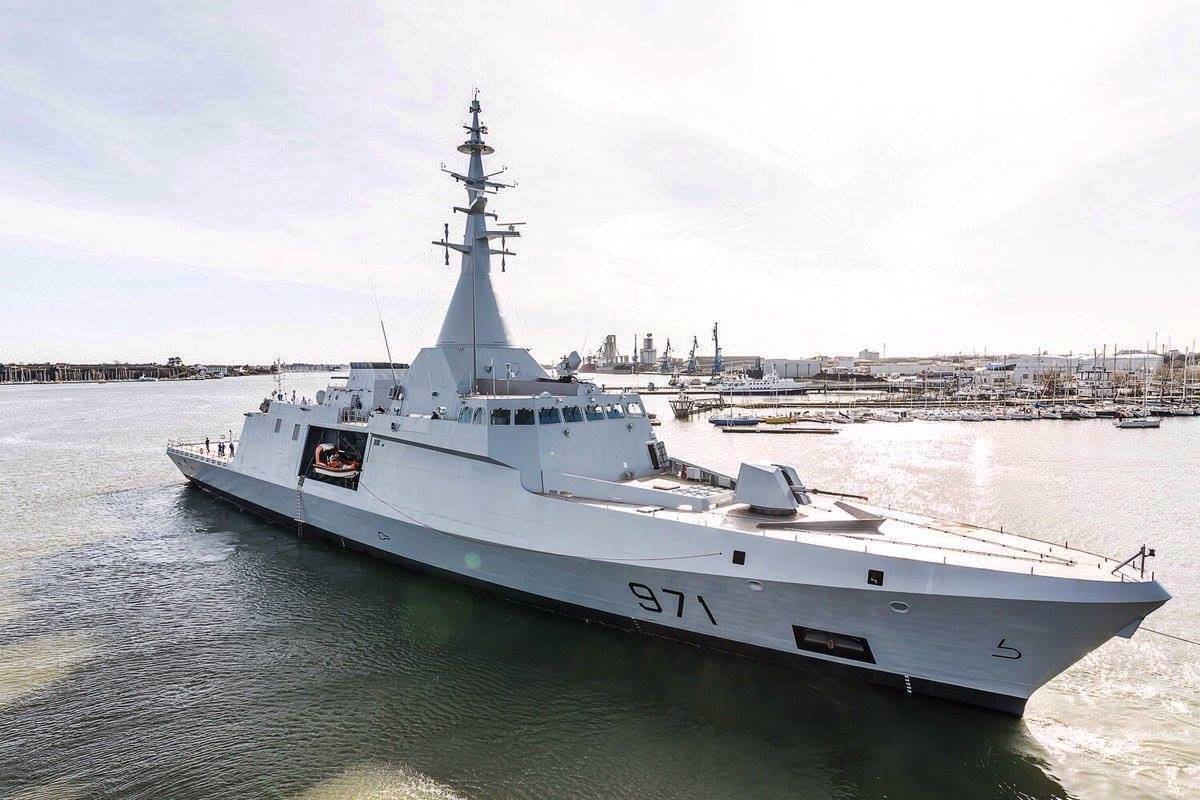
He added armoured vehicles, Jaguar and Griffon, designed for asymmetric warfare in places like Afghanistan and the Sahel, are only purchased by Belgium due to its close defense ties with Paris.
Although the “Caesar” mobile artillery system is in demand by many nations, its manufacturer, Nexter, fails to meet the demand.
Unlike the United States and Russia, which have large military forces, the French defense industry cannot rely on domestic demand alone to drive sales.
The French Armed Forces, whether on land, sea, or air, are not big.
The French defense industry must depend on the export market to survive, and currently, its defense products (except for Rafale) struggle to compete with the offerings of other nations. — DSA
CLICK FOR DEFENCE SECURITY ASIA APPS
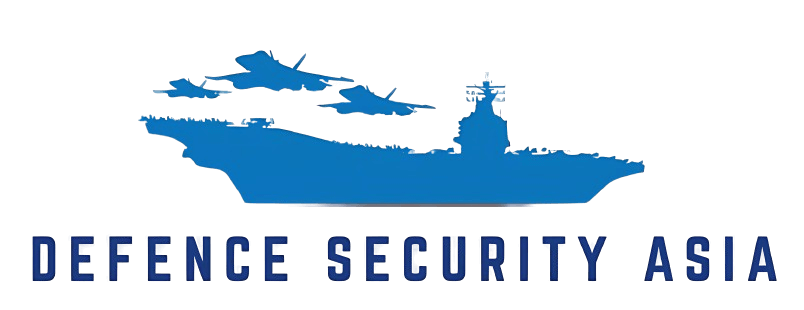
Comments are closed.